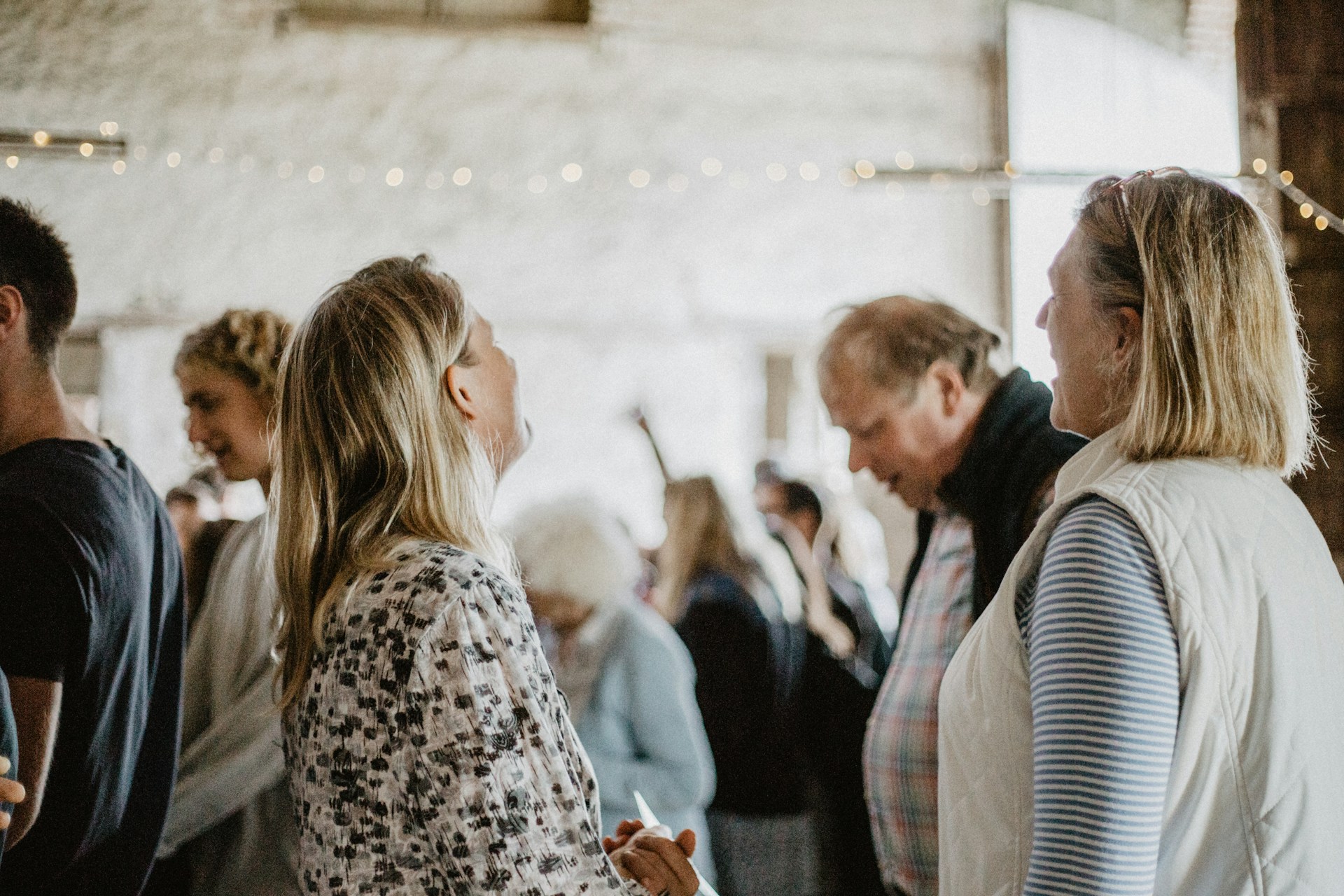Opinion
Beyond Retirement: Why South Africa Should Back Its Over-50 Workforce

Retirement used to mean stepping aside. For generations, South Africans accepted that turning 60 meant the slow fade into the background. But what if that assumption is not only outdated — but also hurting our economy?
With people living longer and healthier lives, the idea that your most productive years end in your 50s or 60s simply doesn’t hold up. In fact, in 2025, South Africa’s 50-plus population makes up around 15% of the country — and that number is growing. Yet many of these skilled, experienced individuals are sitting on the sidelines, not because they want to, but because our systems still see them as “past their prime.”
A Mindset Shift and an Economic Opportunity
It’s time we stop treating older adults as “winding down” and start seeing them as a workforce ready to reinvent, reimagine and rebuild. Globally, countries are already adapting. In Japan, companies are encouraged to hire seniors into their 70s. In Denmark, retirement age is now linked to life expectancy. But here at home? We’re dragging our feet.
The result: South Africa is missing out on a goldmine of expertise, resilience, and entrepreneurial potential.
Meet the New Age Trailblazers: 50, focused and full of ideas
Contrary to outdated beliefs, 50 is not the beginning of decline — it’s often the beginning of reinvention. Research shows that people over 50 are twice as likely to build successful start-ups as those in their 30s. That’s not a fluke. Decades of work experience, emotional maturity, and problem-solving under pressure make older entrepreneurs uniquely equipped to build sustainable businesses.
And yet, many face barriers: ageism in hiring, rigid funding models that favour youth-driven start-ups, and a lack of visibility in the entrepreneurial ecosystem.
So How Do We Fix It?
It starts with tailored support — not charity, but strategy. Here’s what that could look like:
-
Age-inclusive funding: Older entrepreneurs often launch purpose-driven ventures that don’t fit the high-risk, high-return model of most venture capital. Think: low-interest loans, community investment funds and microfinance.
-
Intergenerational mentoring: Mix it up. Peer-to-peer support, reverse mentorship from younger professionals, and structured knowledge exchange can benefit everyone — and strengthen cohesion in our fractured workplaces.
-
Mature-focused incubators: Not every founder wants to “move fast and break things.” Many older entrepreneurs care more about legacy and long-term impact. We need startup programmes that reflect that.
-
Upskilling and digital literacy: A 30-minute crash course in e-commerce could be the difference between a retired teacher opening an online tutoring platform or staying stuck with a great idea and no tools.
-
Psychosocial support: The emotional side of late-life entrepreneurship matters too. Coaching, mindset workshops, and transition support can help individuals reframe their identity and take bold steps forward.
The Public is Starting to Catch On
On social media, the conversation around later-in-life career pivots is picking up. Joburgers are sharing stories of parents launching businesses in their 60s, or grandparents turning lifelong passions into profit. There’s a groundswell of appreciation for older professionals, but it hasn’t yet translated into widespread structural change.
LinkedIn comments on local stories about older entrepreneurs often read, “This is so inspiring — we need more support like this.” On TikTok and Instagram, late bloomers are sharing their journeys using hashtags like #SecondAct and #50PlusFounder. The appetite is there. The policy shift? Not yet.
The Bottom Line: It’s Not About Age, it’s About Access
South Africa is at a crossroads. We can keep treating older adults as economic dependents — or we can empower them as economic drivers. With youth unemployment at crisis levels and rising life expectancy, we need a workforce that stretches beyond the old limits.
A reimagined future isn’t just about creating jobs for the young. It’s about creating opportunities across generations. That means unlearning retirement as an endpoint, and embracing it as a pivot point — where experience, purpose, and innovation meet.
Let’s back the over-50s not because we have to — but because we’d be foolish not to.
Credit: Dori Moreno, Growth Strategist and Founder of Self Journey
Source: Business Day Live
Follow Joburg ETC on Facebook, Twitter , TikTok and Instagram
For more News in Johannesburg, visit joburgetc.com



























